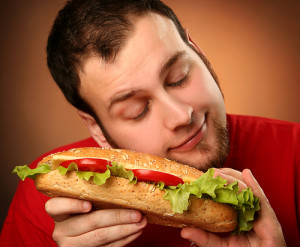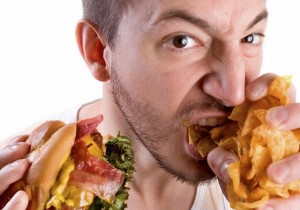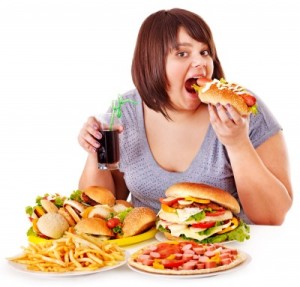GETTING OVER YOUR FOOD ADDICTION
Addiction is simply the uncontrollable overdo that is put into practicing an act or taking a substance. All forms of addiction, whether behavioral or substance, all ends up in unhealthy living and adverse mental conditions. Substance addiction that refers to drugs, food, alcohol and many others are some of those that develop rapid effect on the addict.
Considering how dreadful and catastrophic the outcomes of food addiction can be, getting over it should be of top most priority and importance to the addict. However, the case is not always like that, because addicts often feel ashamed of their addictions and then keep them secret from people who can help them.
Causes of food addiction
Remedies to addiction are not always one-way directional; not all addictions are treated the same way. Most times, the environment and the people around a person could lead one to becoming addicted to food. When you tend to have people who are mentally or emotionally disturbed, who do not have the interest in checking out or getting involved in recreational activities. Persons like that could become indolent and decide to full up the time of being idle with anything. The choice of food may seem to be the best choice because eating could be a bit interesting at times.
Aside for the environmental factors, bad parenting could also be a cause. Some parents believe that they always have to satisfy their children, whatever it takes, regardless of what they ask for. In their quest of always satisfying their wards, they may find food to be always pleasant in making their kids feel good about themselves and about their parents as well. Gradually as the children grow up they may become addicted to eating, since that is what they were trained with.
Therapeutic relief from food addiction
There are methods that you can access by yourself in combating our food addiction; some of such methods are getting friends and family to know about it, procuring addiction literatures, and having an intentional desire to stop. If the addiction is still in a preliminary state, outpatient rehab could be considered for treatment.
Outpatient rehab is not available for home treatments, therefore there would be shorter treatment session, but it is still suitable for tender addictions recovery. Other extreme addictive conditions should do well to take an inpatient rehab, in other to get the best treatments for and for longer sessions.
In getting rid of food addiction, try to fix yourself up with meaningful and adventurous activities. Those idle times that are spent on food, should be diverted to things that are more rewarding and profitable.





